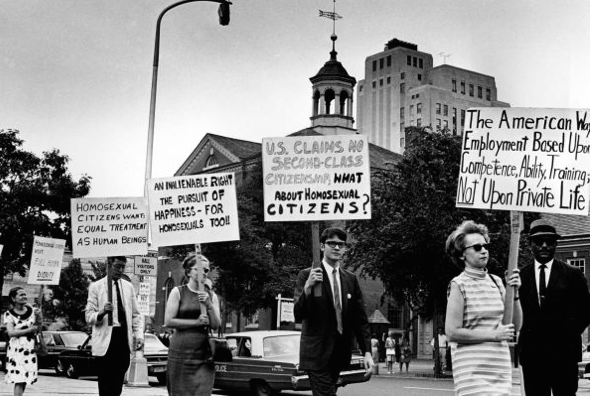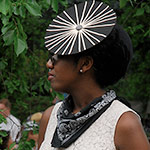

By Jessie Wedell
With the growing acceptance of the gay and lesbian community in the United States today, bisexuals still remain the target for stereotypes. Bisexuals are typically labeled as confused and are often shunned by even the gay and lesbian community.
Is bisexuality a true attraction to members of both sexes, or are bisexuals simply confused and need to experiment until they find their true sexuality?
And, if both the homosexual and heterosexual communities reject bisexuals, where are they left to feel welcome? Are bisexuals only able to date each other?
There are many misconceptions that bisexual women and men must face, even within the most open-minded generation in history, referred to as the “whatever generation,” in Bi the Way, a recent documentary. For men, being openly bisexual is arguably more difficult than being openly homosexual: Men immediately label them as gay, and women are afraid that they will cheat on them with a man. Bisexual men struggle to make people understand that they truly have an attraction to both sexes.
Bisexual women also face discrimination. Straight women label them as promiscuous. Lesbians label their bisexual female friends as confused, in the closet, or just looking to be noticed by their perverted male friends—making “true” lesbianism look like a joke.
Katy Perry’s notorious 2008 breakthrough single, “I Kissed a Girl,” took teenage youth by storm and started a revolution of drunk, juvenile girl-on-girl high school and college hookups, making a mockery of true bisexuality.
In the 2004 Washington Post article “Partway Gay?” Laura Sessions Stepp depicted the D.C. Metropolitan area’s high school female community as a new breed of nonchalant, maybe-lesbians who do not care to identify with any specific sexuality because they feel that they are just experimenting or having fun. She further reported that a group of girls in a Northwest Washington private school charged boys $10 to watch the girls make out in front of them. Stepp ended her article with a theory that “girls may be reacting, in part, to relationships gone sour with guys.”
Is the diminishing revolution of chivalrous men contributing to the increasing experimentation of bisexuality? It seems that many of my lesbian friends would think so. They consider “true” lesbians as those who often reject the idea of a bisexual female because they believe that she is just hurt from a previous male relationship and will eventually go back to guys after experimenting with females.
I once witnessed two of my lesbian friends arguing with my bisexual friend who was venting to them about her recent breakup with her girlfriend of two years. She was contemplating dating guys again, but was talking about how she missed her girlfriend. The lesbian friends could not comprehend this concept and struggled to convince her that she was just gay and would never be happy with a guy. This was amusing to me, having known my bisexual friend for almost a decade and being well aware of her affection for her previous male boyfriends. To the lesbians, a woman is gay, straight, or confused, and she was indeed confused in their eyes.
The unfortunate stereotypes placed on bisexuals have created a world in which they feel the need to hide their sexuality, even within the homosexual community. We must educate society about the difference between the pop culture role models’ attention-seeking exploitation of bisexuality and true feelings toward members of both genders.
The gay and lesbian community also has the potential to create a strong change in this ethnocentrism. If homosexuals could remember the prejudice that they fight to overcome and understand that bisexuals face the same struggle in their own way, then they might find more similarities within the groups, as opposed to focusing on how they are different. The “whatever generation” has created a powerful movement in changing the minds of many chauvinistic homophobes and will undoubtedly create the same change in the lives of bisexuals.